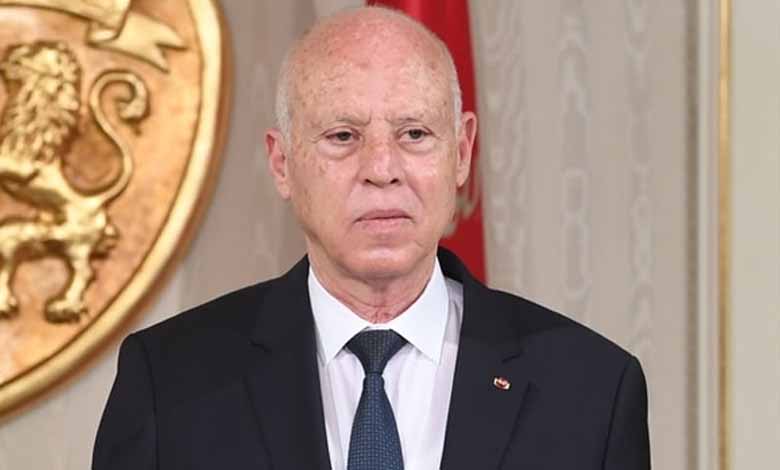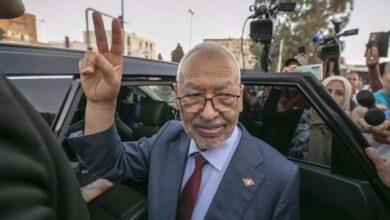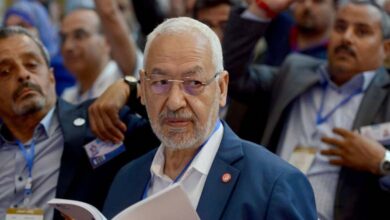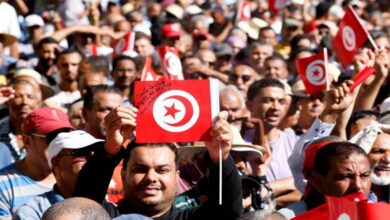Tunisia seeks economic gains from francophone summit

The island of Djerba, in the province of Medenine in south-eastern Tunisia, will host the 18th Francophone Summit next Saturday and Sunday, as the Tunisian authorities seek international support in the midst of a suffocating economic crisis.
This year’s summit will address the theme “Communication in diversity: digital technology as a resource for development and solidarity in francophone space”.
Since 1986, the Summit of la Francophonie has brought together every two years the Heads of State and Government of the French-speaking countries of the International Organization of la Francophonie.
Secretary General of the organization Louise Mushikiwabo said in a press statement on Monday that this session will witness great success thanks to the efforts of all parties in Tunisia and with the participation of a large number of delegations.
“The representatives of 88 countries and governments in the organization, the second most important bloc in terms of number of members after the United Nations, will be on the beautiful island of Djerba and in the space of the Francophone village and its wings,” she said.
Initially scheduled for Djerba on December 12 and 13, 2020, the summit was postponed due to the coronavirus pandemic until November 20 and 21, 2021, before being postponed again until November 2022.
During a meeting with Foreign Minister Othman Jerandi on November 14th, Tunisian President Kais Saied stressed the need to create all the necessary conditions to make this international event a success.
In a press statement on Tuesday, the summit’s media coordinator, Mohamed Trabelsi, said that 89 official delegations of countries and international organizations confirmed their participation in the Djerba summit.
He explained that 31 heads of state and government, 5 deputy prime ministers, a large number of foreign ministers, ministers in charge of la Francophonie, a number of other ministers, ambassadors and 7 secretaries-general of international and regional organizations.
The main functions of the organization are to promote the French language, cultural and linguistic diversity, peace, democracy, human rights and support education.
Global open bridge
Former Tunisian Foreign Minister Ahmed Ounaies said that “the summit affirms that the main options in which Tunisia started after independence (from the French colonization in 1956) are not to deny French culture and language without at the expense of Islamic and Arab culture.”
“The use of the French language confirms the openness of the Tunisian personality, not only to it, but to the different cultures of the world, including Arabic and English,” Ounaies said.
“The French culture has provided a constructive contribution, from which we have benefited, from the brotherhood of the French-speaking African countries and even the countries of the American continent, not just Europe, which strengthens international cooperation,” he said. “Therefore, we consider ourselves on a positive bridge and a global cultural openness.”
He expressed hope that “we should not be under the pressure of hospitality, but rather that the summit should assume the duties of advancing in the field of rights and freedoms, modernizing societies, and advancing in the field of digitization through partnership and solidarity with the member states of la Francophonie.”
“The acquisition of the French language in Tunisia dates back to pre-colonial times,” Wanis said. “Several Tunisian elites established the Sadiki School (in 1875) to impart knowledge and science, and at that time it paved the way for Tunisian society to progress in gaining science and the philosophy of freedoms and progress.”
The language also made it easier to get rid of the French colonialism, which fought with its weapons, and that is the French language.
Regional files and investment projects
Former diplomat Abdullah al-Obaidi said, “This summit will be an opportunity to deal with the unresolved issues and regional issues the world is living in, such as the Russian-Ukrainian war and the issue of energy and fuel, which is growing by the day.”
“Since February 24, Russia has launched a military offensive in neighboring Ukraine, damaging the world’s fuel and food sectors and prompting several capitals to impose severe economic sanctions on Moscow.”
“The summit will allow for meetings and meetings between officials at the highest level to exchange experiences in economic and cultural fields,” he said.
He added that it will be an opportunity to negotiate between Tunisia and its partners and to strengthen cooperation and put forward files, including a request for the support of the European Union and the Group of Seven industrialized countries (France, Canada, Japan, the United States of America, Germany, the United Kingdom and Italy) in the file of borrowing from the International Monetary Fund.
Tunisia is seeking to obtain a funding package from the fund, as it suffers from an economic crisis exacerbated by the repercussions of the Coronavirus pandemic and the Russian-Ukrainian war.
“Tunisia has files it may put forward on investments it seeks to accomplish, such as the deep-water port and desalination plants, which could help the country’s economy, which is in turn witnessing a severe crisis,” he said.
“The summit will be an opportunity for delegations, experts and businessmen from francophone countries to meet to allow the Tunisian parties to link with them to carry out projects and actions,” he said.
Francophone Organization
The International Organization of la Francophonie was founded on March 20, 1970, when 21 countries signed an agreement in Niamey, Niger, establishing an agency for cultural and technical cooperation to promote cooperation in culture, education and scientific research.
The foundation was created at the initiative of the then Tunisian President Habib Bourguiba, his Senegalese counterparts Léopold Sédar Senghor and Hamani Diori, and the Emir of Cambodia Norodom Sihanouk.
In 1998, the Agency was named the Intergovernmental Agency of la Francophonie and became the International Organization of la Francophonie beginning in 2007.
As of 2014, the organization had 80 member States, 57 members and 23 observers, and then began to expand to include peaceful cooperation, democracy, sustainable development, the economy and new technologies, bringing the number to 88 States, 54 members, 7 affiliates and 27 observers.
The organization is based in Paris, with 6 regional offices in Port-au-Prince, Bucharest, Lomé, Libreville, Antananarivo and Hanoi, and 4 permanent representatives in Geneva, Brussels, Addis Ababa and New York.












